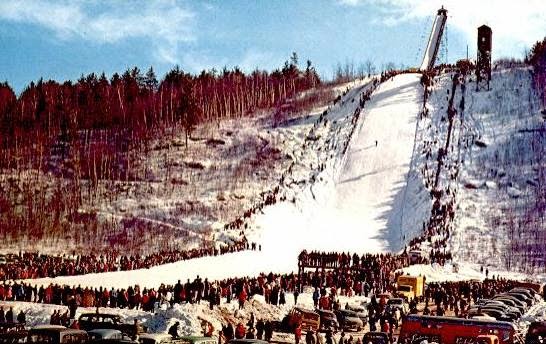CHRIST IN WINTER: Reflections on Faith & Life for the Years of Winter
Online, I came across the list of United Methodist churches in Indiana that closed this year. On that list was Koleen.
Koleen was one of my first appointments. Just a wide spot on a county road, a few houses, a car repair place, a small general store, and the church building. It was on the Solsberry circuit, which included Mineral, also at that time. Solsberry was 15 miles from my dorm at Indiana University, but Mineral was 25 miles away, and Koleen another few after Mineral. I preached at two churches on Sunday morning and one on Sunday night, with a rotating schedule--since no church wanted evening services all the time--that was so confusing that twice I went to the wrong church. [1]
Koleen was settled by Irish immigrants, and there are two stories of how it got its name. One is that it was named for the valuable kaolin clay deposits in the area. The other is that when they wanted a post office, in 1877, they asked for the name of Colleen. The postmaster general gave them Koleen, instead. I much prefer to think that one of my first churches was named for a pretty Irish girl than for a pile of clay.
Koleen was not the smallest church I ever pastored. That distinction goes to Bloomfield [not the county seat of Greene County], the third church on my first appointment, the Chrisney Circuit, which included one of the many churches in America named Crossroads. Bloomfield had an average attendance of about 12. Koleen’s attendance was twice that.
There was a time when hamlets like Koleen were important, when in a nation of 39 million, in 1877, when Koleen got its post office, over half, 22 million people, lived in the country, on farms, and people got to town or church only in a horse-drawn wagon. The church and store and school were only 3 or 4 miles away but still took an hour or more to reach. Today only 19% live in rural areas and only one % on farms. In the 150 years of Koleen, it just got to the place where there was no one left there to go to church.
Eighty years after Koleen got its misnamed post office, here came this 19 year old college “wise fool” [sophomore] to preach to 25 people who had mostly not even graduated from high school. I did things like quote the Bible and Saul Alinsky together. “God so loved the world…so if you want to know where the action is, look for the reaction.” Their puzzled looks were kind and indulgent.
They accepted me, though, because even though we lived in different worlds then, I had grown up on a farm without a car and went to town in a horse-drawn wagon, made hay in the summer and chopped a hole in pond ice in the winter so the animals could drink, just as they had. We shared that language. More importantly, we shared the Christian language, reminding one another of what is really important.
The little churches in the open country, like Forsythe, my home church, and in hamlets and villages like Koleen and Mineral and Solsberry and Chrisney and Crossroads, they were just as important as any church named First or Riverside or Saddleback. They tried to live out the Good News of the Gospel in their time and place. That’s all any church can do. The Koleen folks knew that Love by any name is where the action is. They were my kind of people.
John Robert McFarland
1] If you are so desperate
for something to do that you want to see the actual schedule, it’s on page 26
of The Strange Calling.



















